Our Projects
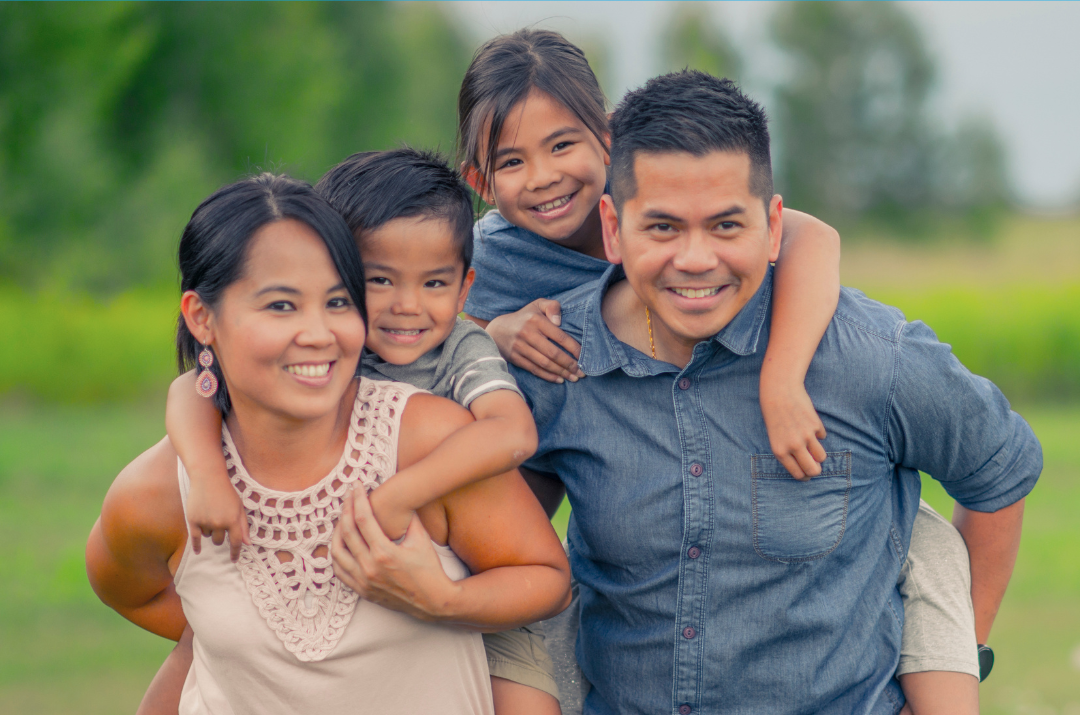



Big Strategy
We would strive to be the main organization tackling family violence in Cambodia with a multi-pronged approach to tackle root causes of violence including an awareness campaign to change the general public’s mentality on violence, wide interventions in communities, partnership with academics to build expertise and partnerships with other NGOs to implement interventions. This strategy requires bigger funds and multiple skills that we already struggles to find.
For more information, please
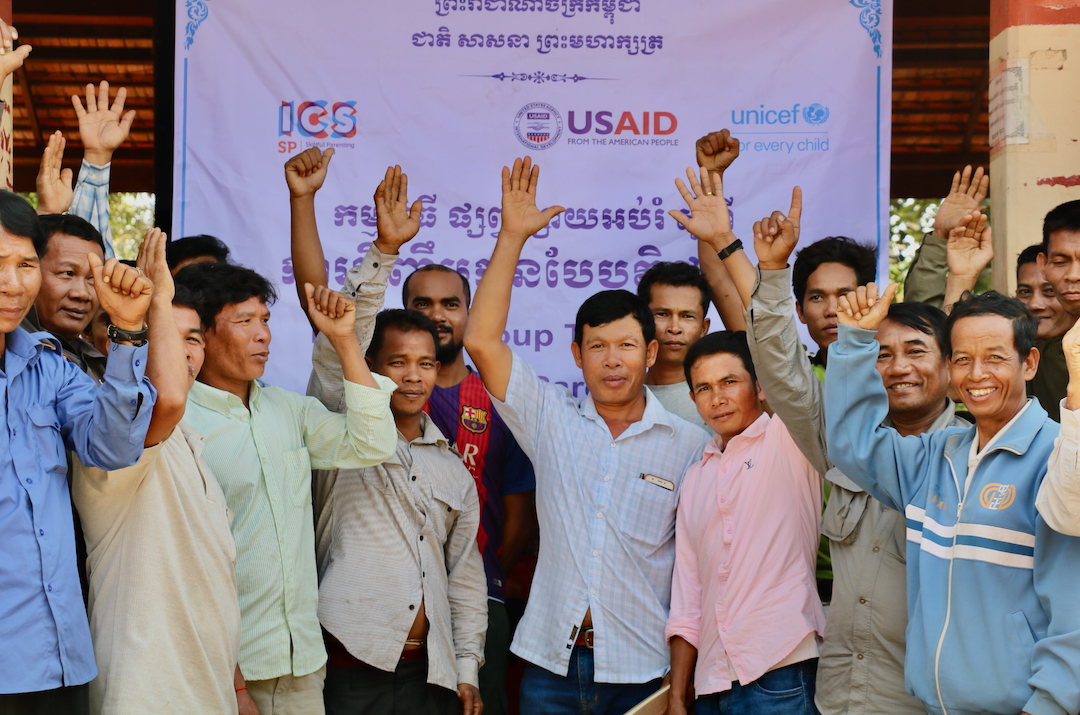
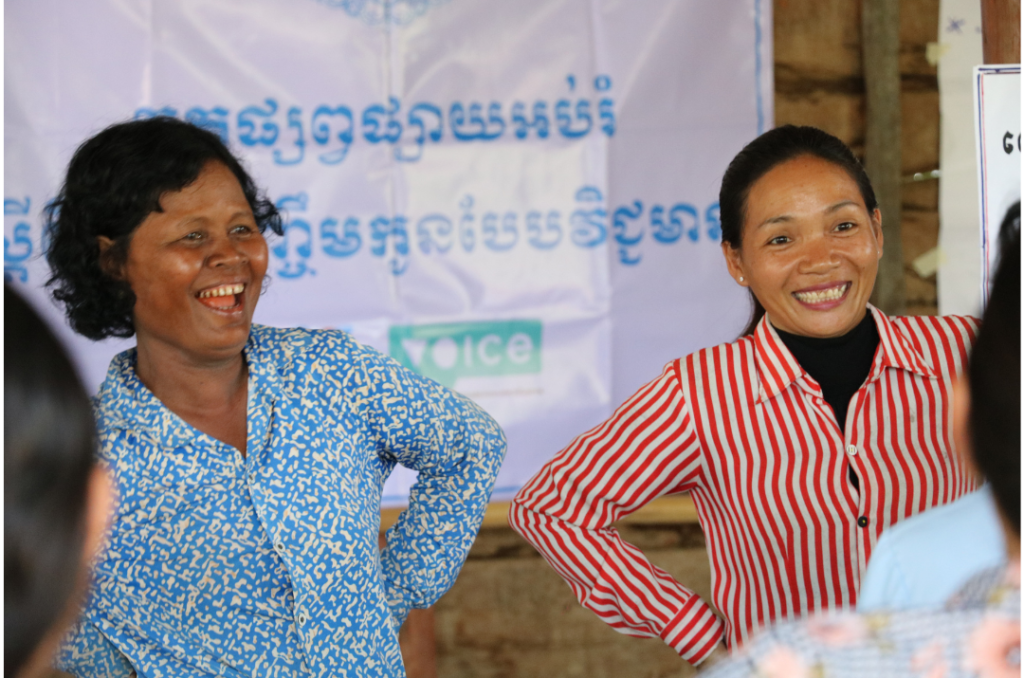
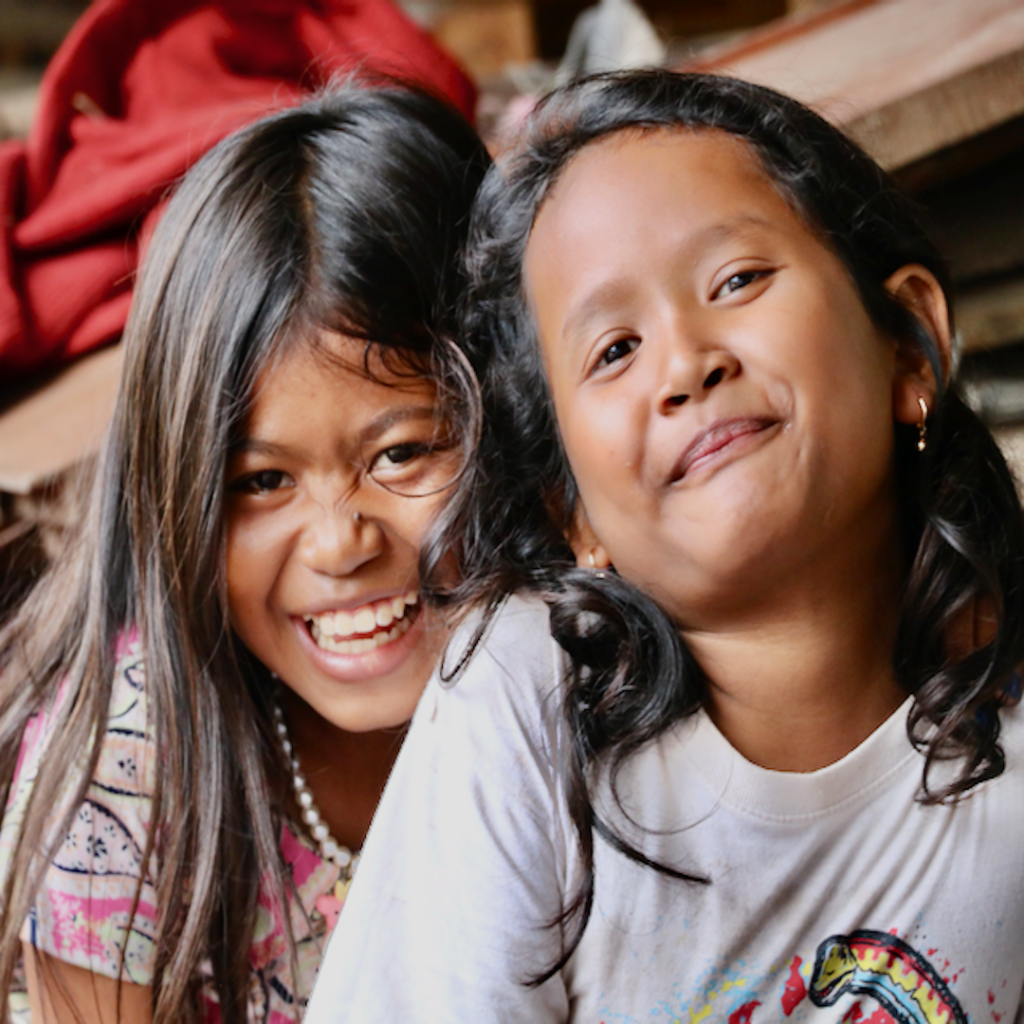

Implement positive parenting through MoWA’s led strategy
Through partnership with Unicef Cambodia, we are strengthening P/DoSVY’s Social Workers, CCWC, community facilitators and village volunteers for Implementing Universal Parenting Support level 1, Targeted Group-Based Positive Parenting level 2, and Specialized Parenting Support level 3.
For more information, please
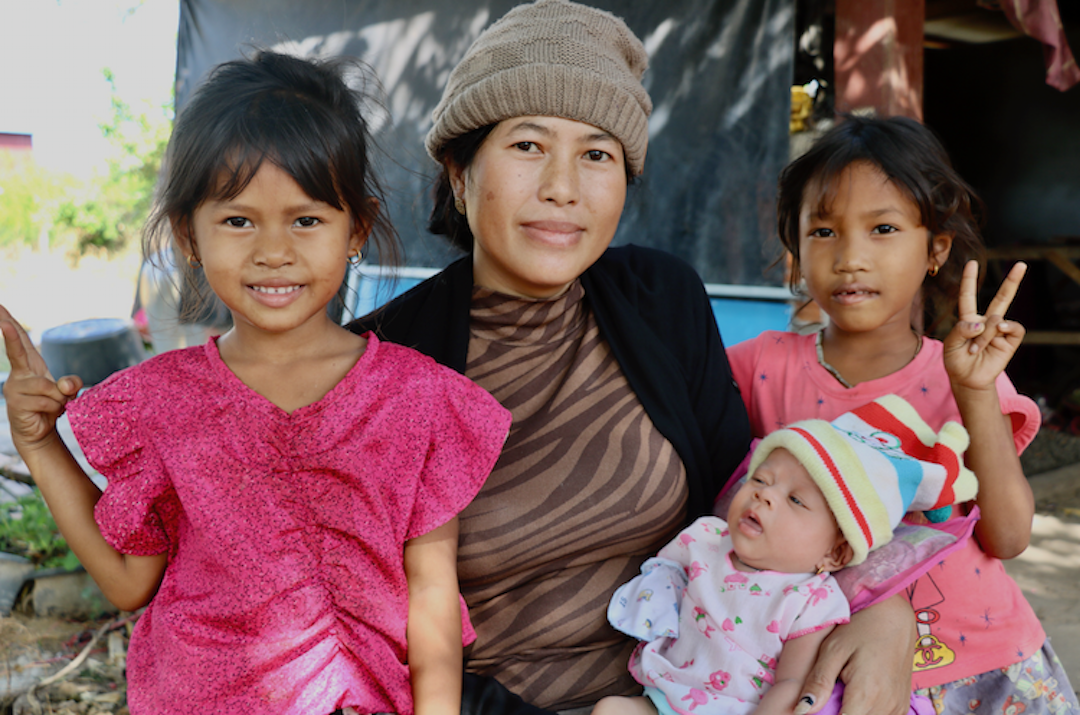



Prevent family violence by fostering Skillful Parenting practice
In partnership with New Zealand Embassy in Bangkok, we aim at changing behaviours in a sustainable way as well as challenging the cultural acceptation of violence. This is where the Skilful/Positive parenting program has a major role to play, especially if it is accompanied by awareness campaigns on the negative consequences of violence, and the root causes of violence in families (alcohol, lack of income…).
For more information, please
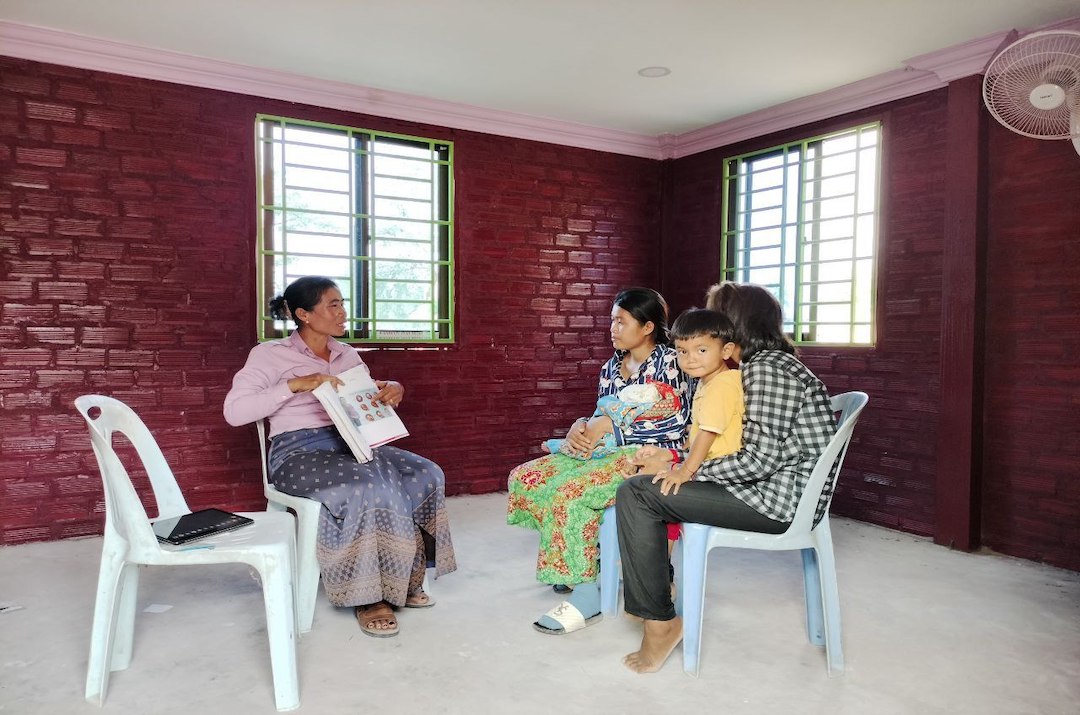



Counseling on nurturing care of children and building peaceful family
To ensure changes are being implemented. Parent counseling provides parents with a safe space to discuss their parenting experience, including highlights and challenges. A trained social worker listens to a parent and ask thoughtful questions while gaining a great understanding of individual’s role in their family.
As the parent and counselor interact during the sessions, the parent learns more about their parenting style and how their actions affect their children. In doing so, they understand how to better face challenges and parent in a healthy way for the whole family. Parents do not need necessarily need to be experiencing challenges to seek for parenting advice.
For more information, please
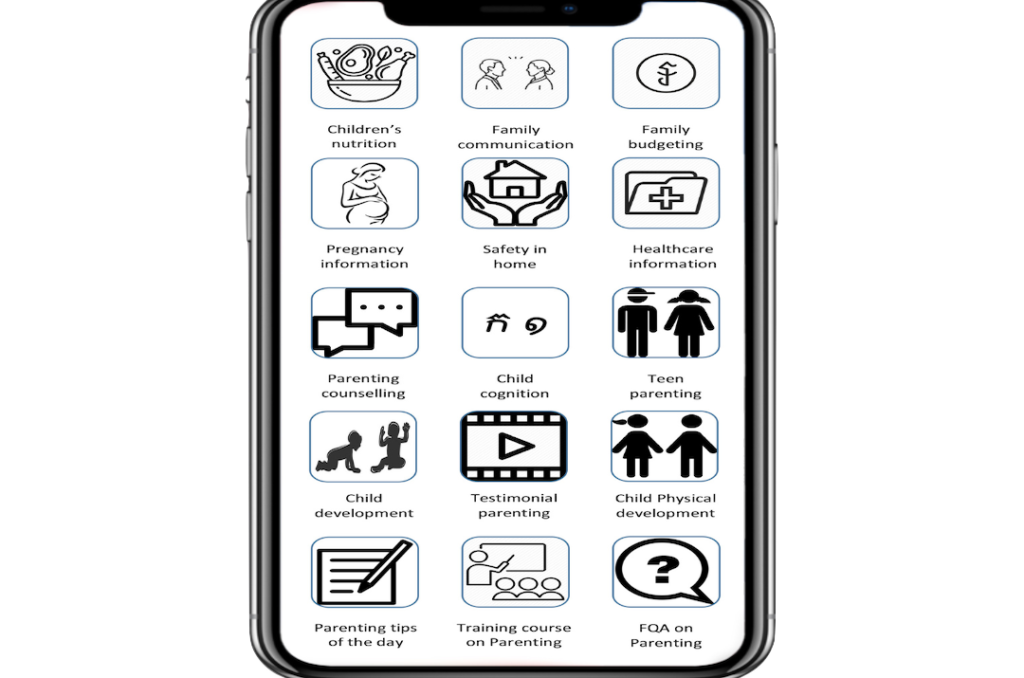



Awareness campaign to end family violence
We are looking for support to:
- Re-launch phone app with awareness and prevention content
- Use volunteers to develop awareness simple messages and campaigns
- Add pages in Khmer in our website
For more information, please
Why Parenting in Cambodia?

Family vulnerabilities: Lack of income and debts are the main causes for vulnerability. In turns, they trigger migration (25% of the population changed residence in a survey done in 2013, which represents around 4 million people), with a direct impact on children’s health, well-being and education. Lack of income and debts also negatively impact nutrition. Covid-19 pandemic has pushed many more families in vulnerability and under the poverty line: many have lost their income, their debt burden has increased even further, and nutrition issues have dramatically increased. Besides, children have also been hit by the closing of schools, losing one year of education.
Violence against children: an in-depth study done in 2013 (Violence Against Children Research Cambodia 2013) analysed various consequences of violence against children, especially higher rates of mental distress, alcohol/cigarettes consumption and sexually transmitted infections. It also concluded that there was a general acceptance of violence by society and children, a low awareness of the harm caused by violence; children were not encouraged (or even discouraged) to voice violence, and poverty and a weak social protection framework complicated how to address violence.
Furthermore, the Cambodia Socio-Economic Impact Study in 2020 on Child Discipline showed that 44 percent of adult household members used some form of violence, in their discipline with children; 42 percent of adults resorted to emotional violence and 11 percent of adults used physical violence with children in the households. The issue of violence against children is further exacerbated by the prevalence of unnecessary family separation in Cambodia, which occurs despite wide recognition that institutional care is associated with negative consequences for children’s development and long-term impacts in their adult life. Additionally, at least 5% of children have been sexually abused in Cambodia. Parents do not recognize this and particularly the specific vulnerability of boys. Less than 6% of boys seek help after sexual abuse, compared to 40% of girls (UNICEF, 2012 and 2014). All children sexually abused may experience lasting stigma, which, if not addressed, will perpetrate the vicious circle of violence.

